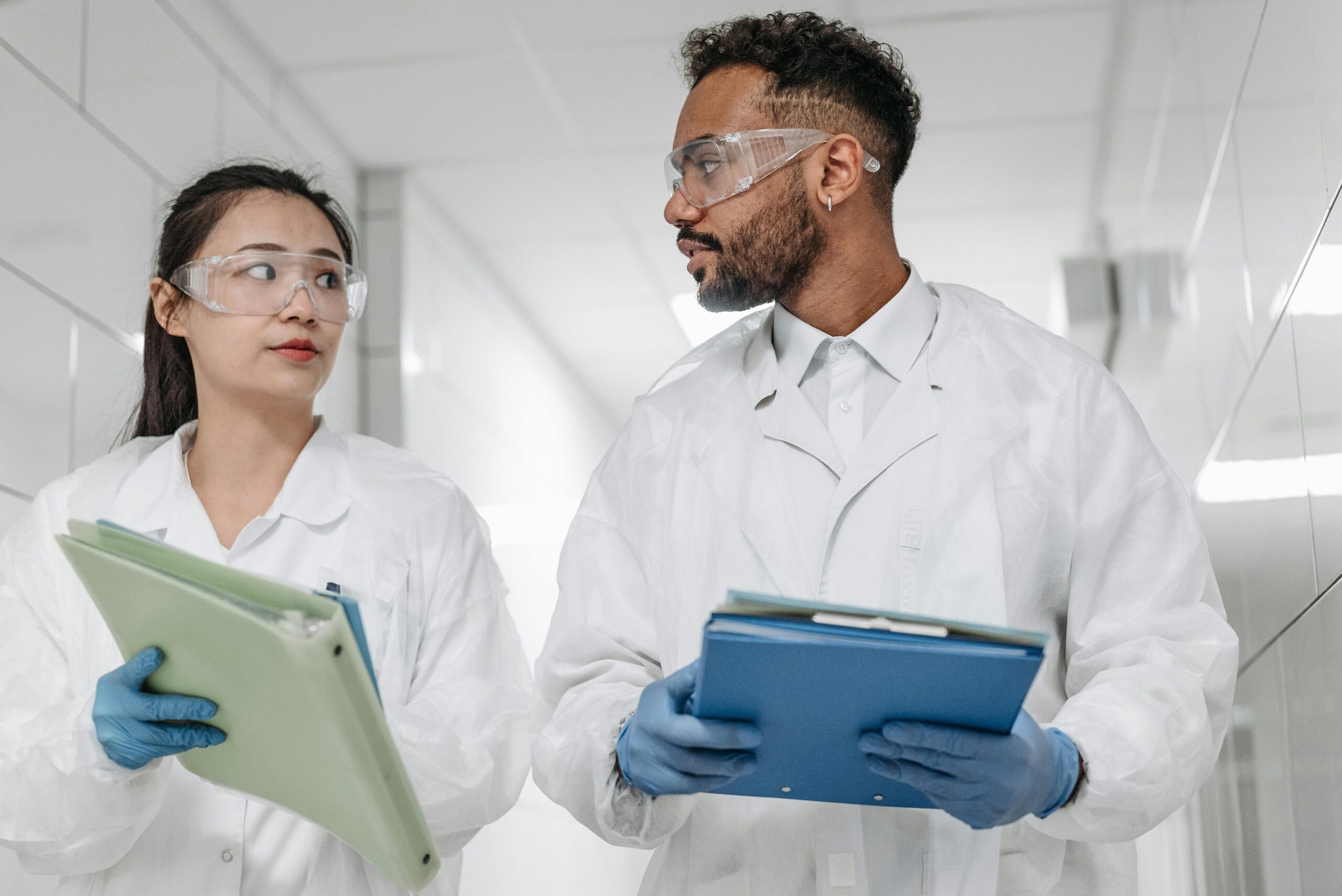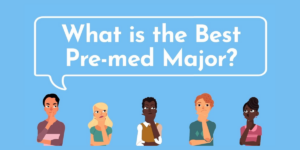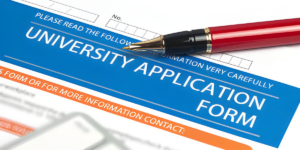Securing a competitive residency in the U.S. as an International Medical Graduate (IMG) can indeed be challenging. Due to different educational backgrounds and various administrative hurdles, IMGs face fierce competition compared to U.S. medical graduates. However, with the right strategies, persistence, and thorough planning, IMGs can significantly boost their chances of success in the residency match process.
If you are an IMG and wondering how to bolster your chances of getting a competitive residency match, here are some essential strategies to increase your chances of matching at U.S. residency programs.
Obtain Clinical Experience in the U.S.
Participating in the U.S.-based clinical rotations, externships, or observerships is one of the most crucial steps for IMGs. It provides hands-on clinical experience, familiarizes candidates with the U.S. healthcare system, and helps establish connections with U.S. physicians who may later act as references. WUSOM offers clinical rotations in the US, Canada, the UK, and the Caribbean, giving students a chance to get clinical training in various healthcare settings.
Letters of Recommendation
Strong LoRs from U.S. physicians or institutions carry significant weight in the residency application process. Observerships or externships in reputable hospitals allow IMGs to establish relationships with attending physicians, which can help them secure these valuable recommendations.
Ace the USMLE Exams
The USMLE Step 1, Step 2 CK (Clinical Knowledge), and Step 2 CS (Clinical Skills) are critical components of the residency application process. Scoring well on these exams is often the first step to impressing residency programs.
Step 1: A high score on Step 1 (230 and above) is highly recommended, as it serves as a baseline for many programs.
Step 2 CK: A strong performance in Step 2 CK is essential. It is viewed as more reflective of clinical knowledge, so a competitive score in this exam can help compensate for lower scores in other areas.
Windsor University School of Medicine emphasizes rigorous USMLE preparation to help students achieve high scores. The school focuses on providing students with the knowledge and skills necessary to succeed on the USMLE, a crucial step for medical licensure in the United States.
Focus on Research and Publications
Research experience, particularly in the field of interest, enhances an IMG’s application. Many U.S. residency programs value research as it demonstrates academic curiosity, a commitment to advancing knowledge, and the ability to contribute to the program’s academic environment.
Publishing papers in peer-reviewed journals, presenting posters at conferences, or contributing to research projects in the U.S. adds credibility to an application and strengthens a candidate’s profile.
Networking
Networking with research mentors, including U.S.-based physicians or faculty, can open doors to research opportunities and recommendations, which are highly regarded in the residency selection process.
Choose Residency Programs Wisely
Some residency programs are more IMG-friendly than others. IMGs should consider programs with a history of accepting graduates from international medical schools. These programs often have a greater focus on diversity and are more willing to consider applicants from non-U.S. backgrounds.
While fields like dermatology, orthopedics, and plastic surgery are highly competitive, specialties such as family medicine, internal medicine, psychiatry, and pediatrics often have higher acceptance rates for IMGs. Focusing on less competitive specialties can improve an IMG’s chances of matching.
Each residency program may have different requirements and preferences. Some may prioritize research experience, while others may emphasize U.S. clinical experience or specific exam scores. Tailoring applications to meet these preferences can improve an IMG’s chances.
Network and Build Relationships
Attending residency fairs, networking events, and conferences related to the field of interest can be an excellent way to meet program directors, residents, and faculty members. Personal connections can be invaluable during the selection process.
Reaching out via email to introduce yourself, express interest in their program, and inquire about their residency requirements shows initiative and can help make your application stand out. This is especially beneficial if you’ve previously worked with them through clinical experience or research.
Many organizations, including those specifically for IMGs, offer mentorship programs where experienced physicians guide IMGs through the residency application process. Seeking mentorship can provide invaluable insights and advice.
Craft a Strong Personal Statement
The personal statement is a critical part of the residency application. It should clearly articulate why the candidate is interested in the specialty, why they chose to pursue medicine, and why they want to train in the U.S. It’s an opportunity to address any potential weaknesses in the application, such as gaps in clinical experience or lower exam scores.
A generic personal statement won’t make a strong impression. Tailoring each personal statement to reflect the unique aspects of the program, whether it’s the faculty, research opportunities, or patient population, shows that you’ve thoroughly researched the program and are genuinely interested.
Maximize Your CV and Application Materials
Your CV should highlight your academic achievements, clinical experiences, research work, volunteer activities, and any leadership roles you have undertaken. IMGs should also emphasize any international experiences that demonstrate adaptability and cross-cultural competence.
While most IMGs speak fluent English, some residency programs may still require proof of language proficiency through tests like TOEFL or IELTS. Checking the specific requirements of each program is important.
Participate in Volunteer Work and Extracurricular Activities
Volunteering in U.S. healthcare settings, such as hospitals, free clinics, or community health initiatives, demonstrates a commitment to service and an understanding of the U.S. healthcare system. This experience is particularly valuable in the residency interview process. Leadership roles in medical societies, community involvement, or contributions to social causes can demonstrate well-roundedness, interpersonal skills, and a strong work ethic.
Prepare for the Residency Interview
Engaging in mock interviews with mentors or participating in IMG-focused interview preparation programs can significantly enhance an IMG’s confidence and comfort level for the actual residency interviews. Interviews play a key role in the selection process, and preparing thoroughly is essential to making a positive impression.
Cultural Competence
Be prepared to demonstrate cultural competence, particularly if you are applying to programs with diverse patient populations. U.S. residency programs value applicants who can engage with patients from different backgrounds and understand the complexities of cross-cultural care.
Prepare for Multiple Attempts
Securing a residency as an IMG can take several attempts. Many successful IMGs are those who have shown persistence and resilience, applying to multiple programs over several years. It’s important to keep refining your residency application, gaining more experience, and staying positive.
Conclusion
For International Medical Graduates, securing a U.S. residency is an arduous but achievable goal. By strategically building clinical experience, excelling in exams, networking, and crafting a strong residency application, IMGs can significantly enhance their odds of matching into a competitive residency. At Windsor University School of Medicine, multicultural students from all over the world are ready to make a global impact. Whether you are applying to the US, Canada, or the UK, with strategic planning, you can boost your chances of securing competitive residency. The journey requires preparation, persistence, and adaptability, but the reward of securing a residency in the U.S. is a significant milestone in an IMG’s medical career.







